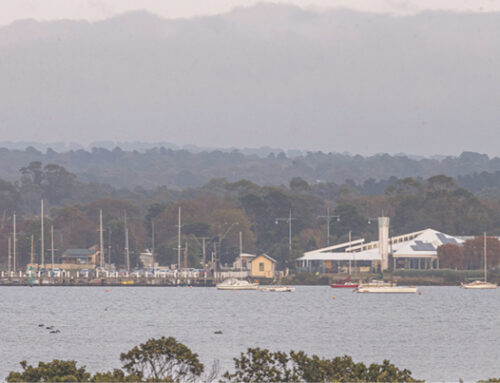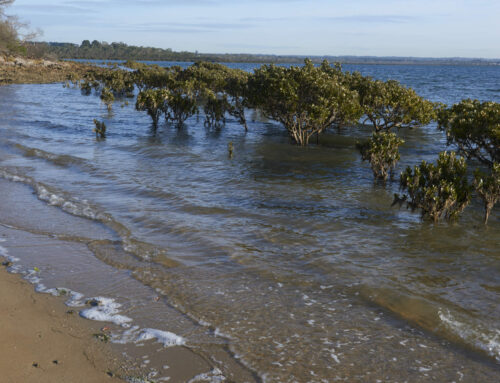The Environment Protection and Biodiversity Conservation Act 1999 (EPBC Act) is under review for the first time in many years.
IMPORTANT UPDATE :
The Public Comments period has just been extended!
The EPBC website now states that the initial April 17 deadline for submissions has now been extended til May 1 2020
These Laws must be strong enough to stand up to proposals driven by profit over the protection of native wildlife and habitat. They must not facilitate bad developments or make it easier for irresponsible industries to gain approvals, or “regulate themselves”. The Laws must guarantee that decisions and approvals processes for all new developments prioritise the conservation of our precious water and endangered ecosystems.
Some possible suggestions could be:
> The Act must acknowledge Aboriginal and Torres Strait Islanders as the Traditional Owners of this Country, and consultation processes should be adapted and extended to incorporate the oral traditions where appropriate for sharing knowledge on Country, Culture and Law.
>New projects that make use of sites already degraded by industry must be prioritised over projects requiring further destruction or degradation of established or regenerating native habitat.
> It is incumbent on Environmental protection laws to look first and foremost at the likely impacts of new projects on the proposed site, on its setting and on the areas beyond it, particularly concerning the management of wastewater and effluent from Industry and impacts on high value conservation areas.
The EPBC Act is Australia’s primary national environmental legislation and this statutory review commenced on 29 October 2019 with Professor Graeme Samuel AC appointed as the independent reviewer. An Expert Panel has been appointed with three members: Bruce Martin, Erica Smyth and Wendy Craik – see member details here.
This review will examine the EPBC Act, how it operates and consider changes needed to ensure the Act can manage current and future environmental challenges.
The EPBC Act is designed to regulate activities that may impact on environmental values of national importance.
These environmental values include Ramsar wetlands, native flora and fauna species, migratory species, protection of endangered species and biodiversity, national parks and marine parks, world heritage areas and our water resources.
Submissions may be made via the Department of Agriculture, Water and the Environment website here.
To assist members of our community on how to write a submission, a guide and examples of EPBC Act submissions may be found here.
The EPBC Act review online submission form can be found here.
Further details on this review of the EPBC Act can be found here.
The final report from this review will be available in October 2020.





